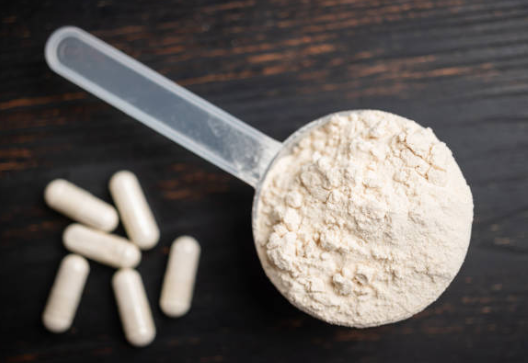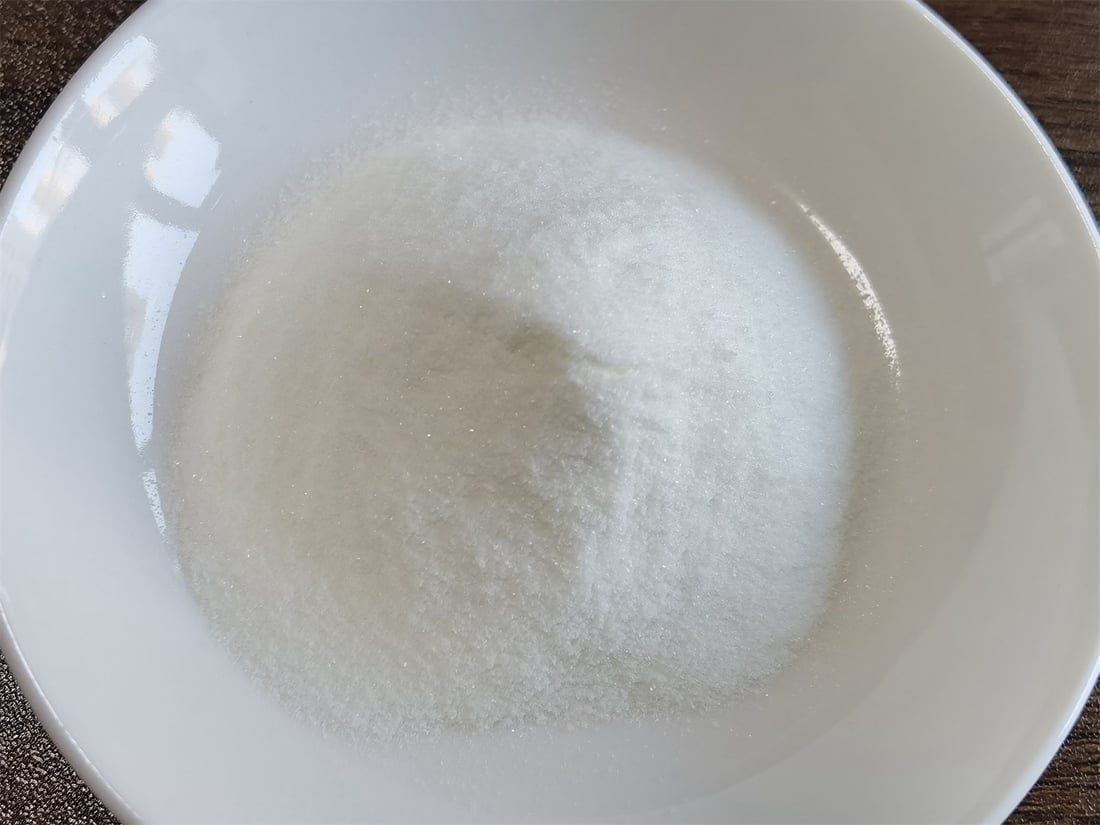Understanding Resistant Dextrin

Resistant dextrin is a type of soluble dietary fiber that resists digestion in the small intestine and ferments in the large intestine. This process not only aids in digestion but also serves as a prebiotic, promoting the growth of beneficial gut bacteria. Derived from natural sources through the treatment of starch, resistant dextrin is a versatile ingredient that can be easily added to a variety of foods and beverages.
Part 1. What is Resistant Dextrin?
Resistant dextrin, also known as resistant maltodextrin or soluble corn fiber, is a type of dietary fiber that offers numerous health benefits. It is derived from starch and is made up of glucose molecules bonded in a way that resists digestion in the small intestine.
Instead, it passes through to the large intestine, where it serves as a prebiotic, promoting the growth of beneficial gut bacteria.
Part 2.The Importance of Gut Health
Gut health has gained significant attention in recent years due to its profound impact on overall well-being. A healthy gut contributes to a strong immune system, efficient digestion, and even mental health. Resistant dextrin plays a vital role in maintaining and improving gut health by nourishing the beneficial bacteria in the intestine.
Tips: Improved Digestive Health
Resistant dextrin acts as a soluble fiber, adding bulk to the stool and promoting regular bowel movements. It can help alleviate constipation and promote a healthy digestive system. Additionally, its prebiotic properties support the growth of beneficial bacteria, which can aid in the digestion and absorption of nutrients.
Key Benefits of Resistant Dextrin

1. Promotes Digestive Health
Resistant dextrin's prebiotic nature supports a healthy gut microbiome, crucial for optimal digestive health. It helps regulate bowel movements and prevent constipation, contributing to overall gastrointestinal well-being.
2. Aids in Weight Management
By promoting a feeling of fullness and reducing overall calorie intake, resistant dextrin can be a valuable tool in weight management strategies. Its ability to moderate blood sugar levels also helps in controlling cravings and minimizing energy spikes and crashes.
3. Supports Cardiovascular Health
Regular consumption of resistant dextrin has been linked to lower cholesterol levels, a risk factor for heart disease. It aids in reducing the absorption of cholesterol in the gut, thereby supporting cardiovascular health.
4. Enhances Mineral Absorption
Resistant dextrin has been shown to enhance the absorption of essential minerals, such as calcium and magnesium, which are vital for bone health and overall metabolic functions.
5. Regulates Blood Sugar Levels
For individuals with diabetes or at risk of developing the condition, resistant dextrin can help manage blood sugar levels by moderating the absorption of glucose in the bloodstream.
Added Pros behind Resistant Dextrin

Cholesterol and Heart Health
Studies have shown that resistant dextrin may help lower LDL cholesterol levels, commonly known as "bad" cholesterol. It does so by binding to cholesterol in the digestive system and preventing its absorption into the bloodstream. By reducing LDL cholesterol levels, resistant dextrin may contribute to a healthier heart and a lower risk of cardiovascular diseases.
Supporting a Healthy Microbiome
The human gut is home to trillions of bacteria that play a crucial role in various aspects of our health. Resistant dextrin acts as a prebiotic, selectively nourishing the beneficial bacteria in the gut. This, in turn, helps maintain a balanced and diverse microbiome, which is associated with improved digestion, enhanced immune function, and reduced inflammation.
Enhancing Mineral Absorption
Resistant dextrin has been found to enhance the absorption of essential minerals, such as calcium and magnesium. By increasing the bioavailability of these minerals, it ensures that the body can utilize them effectively for various physiological processes, including bone health and muscle function.
Managing Blood Lipid Levels
In addition to its cholesterol-lowering effects, resistant dextrin has been shown to help manage overall blood lipid levels. It can reduce triglyceride levels, another type of blood fat that, if elevated, can increase the risk of heart disease. By promoting a healthy lipid profile, resistant dextrin contributes to cardiovascular health.
Safe and Well-Tolerated Resistant Dextrin

Resistant dextrin is generally safe and well-tolerated by most individuals. It is considered a non-digestible carbohydrate, meaning it does not contribute significant calories to the diet. However, it is essential to note that excessive consumption may cause gastrointestinal discomfort or bloating in some individuals. As with any dietary supplement, moderation is key.
Resistant dextrin is a soluble dietary fiber derived from starch that resists digestion in the small intestine and ferments in the large intestine, acting as a prebiotic. Resistant dextrin supports digestive health, aids in weight management, promotes cardiovascular health, enhances mineral absorption, and helps regulate blood sugar levels. Resistant dextrin can be found in fiber supplements and is increasingly added to processed foods, beverages, and health products. It can also be included in home-cooked meals without altering the taste or texture of foods. While resistant dextrin is safe for most people, those with specific health conditions or dietary restrictions should consult with a healthcare professional before incorporating it into their diet. Yes, by promoting satiety and reducing overall calorie intake, resistant dextrin can be an effective component of a weight management program. The inclusion of resistant dextrin in the diet offers a multitude of health benefits, particularly for digestive and cardiovascular health, weight management, and blood sugar regulation. Its versatility and ease of use make it a convenient addition to any diet. As with any dietary change, it's recommended to consult with healthcare professionals to ensure it aligns with individual health needs and goals. Embracing resistant dextrin could be a simple yet impactful step toward a healthier lifestyle.
FAQs
1. What is resistant dextrin?
2. How can resistant dextrin benefit my health?
3. How can I incorporate resistant dextrin into my diet?
4. Is resistant dextrin safe for everyone?
5. Can resistant dextrin help with weight loss?
Conclusion

